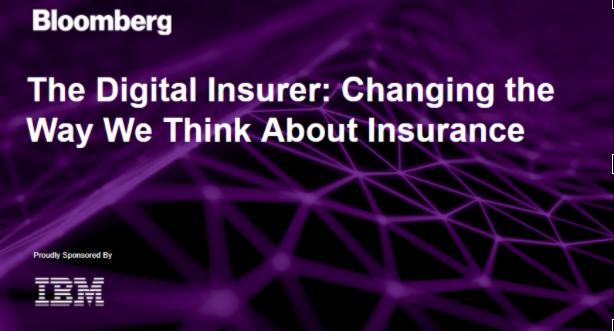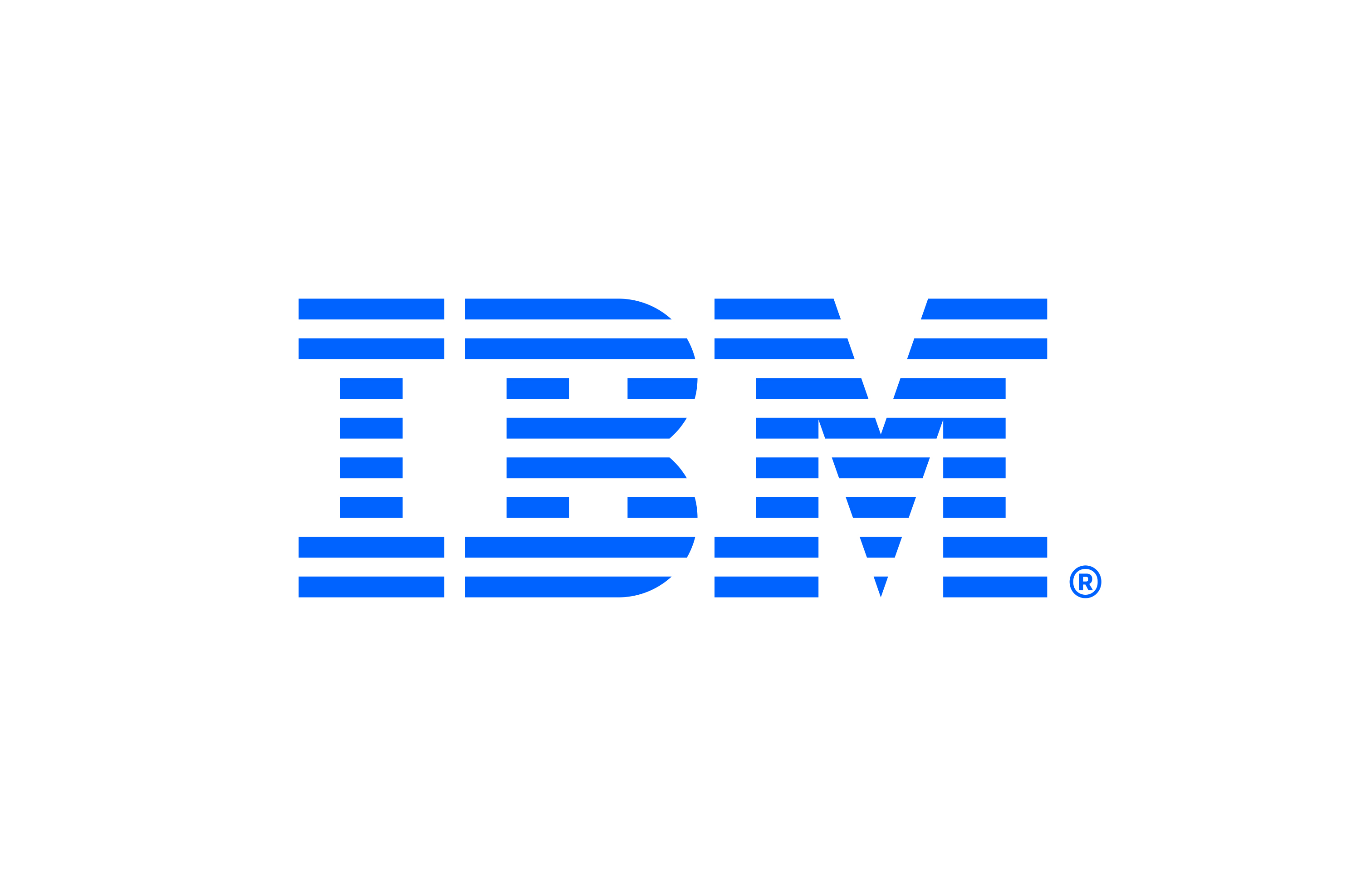By Nicole Sawyer, Bloomberg Live

The Digital Insurer: Changing the Way We Think About Insurance
October 21, 2020
By Nicole Sawyer, Bloomberg Live
As customers depend more on digital for their everyday lives, many insurance companies are under increased pressure to transform their business models from the purely transactional to working to forge much deeper relationships with customers. Old, antiquated processes and systems are hindering the ability to innovate. How can leaders adopt technology to cut costs, improve operational efficiencies and better connect with customers?
The challenges of Covid-19 have amplified concerns over employees’ well-being and business continuity. What are Insurance industry leaders doing to attract and keep the right staff to compete in the hyper-connected digital age and how do you maintain a positive business culture in a virtual workforce?
In this round table, we spoke directly with C-suite leaders about how and what they’re prioritizing to achieve long-term goals and where they see the biggest challenges and opportunities in a world that will forever look and be drastically different.
Here’s what they had to say:
PARTICIPANTS
- Alex Cook, Senior Vice President, Head of Strategic Capabilities, New York Life
- Mary Beth Eckert, Vice President and Chief Information Officer for P&C USAA
- Bea Elbert, Global Insurance General Manager, IBM
- Todd Jones, Chief Executive Officer, North American Operations, QBE Management Services PTY LTD
- Karan Martin, SVP and Chief Operating Officer, Legal & General
- James McGlennon, EVP and Chief Information Officer, Liberty Mutual Insurance
- Bill Pappas, EVP and Head of Global Technology and Operations, MetLife
- Jesus Marin Rodriguez, Chief Performance Officer, Allianz
MODERATED BY
Charles Graham, Senior Bloomberg Intelligence Analyst
Click here to view the video of the full discussion
How innovation is transforming customer interaction
Covid-19 hammered businesses across the globe like a Category 5 hurricane. Many organizations battened down for the storm and were forced to shift their focus from innovation and investing in the future to sustainability to survive. In response, insurance leaders turned to digital transformation to reshape operating models, services and the customer experience.
Mary Beth Eckert, Vice President and Chief Information Officer for P&C USAA discussed the importance of modernizing technology to keep pace in this environment, “Even in Hurricane Delta these past couple weeks we had over 50 percent of our claims, the first notice of losses were submitted digitally. But we’re on a journey to take that much further beyond just doing touchless claims of windshield break or food spoilage.”
Eckert explained how customers are demanding real-time solutions and efficiency and how USAA is utilizing image estimates, machine learning and artificial intelligence to meet these challenges.
“You get in a car accident and you submit that digitally on the first notice [of] a loss, you submit eight photos or so. We don’t just take in those photos. We’re working to apply machine learning and artificial intelligence to really determine what components, what pieces and parts of that auto are going to need to be repaired and replaced and actually sending that downstream to do the actual VIN and match up the parts [and] come back to the member within hours — not days — with an estimate for that repair that they can go take action on.
“Another example would be aerial imagery, sending out planes and drones after a cat — oftentimes before a member can even get back to their homes and using before-and-after photos and artificial intelligence to really determine the degree of loss.”
The pandemic wasn’t the reason insurance leaders decided to digitally transform, the Covid-19 crisis accelerated the pace of digital adoption and gave a glimpse into the future where digital is essential for every interaction.
James McGlennon, EVP and Chief Information Officer, Liberty Mutual Insurance, explained, “We definitely have seen our customers demand more digitally. Frankly they don’t want to go out of their homes when there are the pandemic challenges all around us. So, we want to make sure that we can provide the things that make them feel safe.
“We’re really focused on data, not just the data we have on the decades of structured data, but also what we can find from our partners and ecosystems and from a variety of sources around the world,” McGlennon said.
“We’re focused on touchless and frictionless interactions where the customer can choose to interact with us. In many cases, they think they’re interacting with a human being and we have AI high-powered chat bots that are essentially deflecting calls and deflecting interactions and providing a higher customer net promoter score at the end of the day — which we regard as a critical measure of our success,” he added.
Alex Cook, Senior Vice President, Head of Strategic Capabilities, New York Life, said the core of his company is life insurance with a “wholehearted focus on human-centered advice and guidance,” and delivering “long-term security” and “peace of mind” to clients. “The way we’ve done that is a lot of investment in the digital domain customer relationship management systems. A lot of self-service capabilities on our website. The increasing enablement of our service reps to provide service in a more compelling way. And a lot of innovation in the underwriting domain.
“We’re actually one of the first insurers I think to really start to invest in the insurer tech space. And now the life tech space. Our New York Life Ventures unit was started in 2012. We’ve had over 400 investments and we’ve got a lot of focus on not just investing but identifying companies that can bring new innovation to the company and deploy them in an operational context, so companies like Sky Cure or Trifecta,” he added.
“Over 80 percent of our life policies are actually underwritten without fluids. We really advanced that significantly due to Covid. We’re one of the first life insurers [that] actually enabled digital health data to be used in the underwriting process a few years ago,” said Cook.
“That’s the constant balance: How do you change while preserving that element of trust and the focus that we have on safeguarding and being a fiduciary for our clients?” he observed.
The balance between tech and human touch
Technology plays a super-important role when companies interact with customers, but so does the human touch. Jesus Marin Rodriguez, Chief Performance Officer for Allianz, discussed the increased pressures to keep up with customer expectations and strike a balance between innovation and personal connection. “Our customers are clearly becoming more and more demanding. They want faster processes. They want simpler products. They want lower prices. They want services around the clock, and they want the right combination between technology and human touch.
“The first thing that we have to do is to listen carefully to what the customer is saying. For this we have started our global initiative — The Voice of the Customer — that is collecting [information] systematically in real time at any touchpoint of the customer. This feedback is integrated with our backend system and, with the help of data analytics, we are able to analyze the root causes of their problems and close the loop and give feedback to the customer within 24 hours,” Rodriguez explained.
“And what are the customers telling us? It’s that insurance in general it is too complicated,” he added.
Going forward to work
The pandemic abruptly changed where we work and the way we work. Some of these changes will be permanent. The executive participants examined the question of: Instead of going back to work, how do we go forward to work? How do we embed the human touch into digital and maintain culture in a virtual workforce? How will companies upskill employees, attract and keep the right staff to compete in a digital age?
Todd Jones, Chief Executive Officer, North American Operations, QBE Management Services said, “Culture for us was kind of this guiding light on how we were going to navigate a really, really uncertain time. We felt great about the culture of the organization you know prior to this event. It’s been tested. But, at the same time, it’s kind of an opportunity to think differently about what is the sort of culture that we want to create in the future.”
“We’re spending a lot of time thinking about what is the future of work? What does the workplace look like? How do we interact with clients? Apprenticeship is a very important part of how we build talent and serve clients. The idea of being around other colleagues and learning from folks that have experiences and asking questions and getting an opportunity to work on different things,” said Jones.
“When I grew up in the industry, relationship building was a physical interaction that took place whether it was over a meal or over a conversation. So, how does that really work in a virtual environment going forward?”
Bill Pappas, EVP and Head of Global Technology and Operations, MetLife, mentioned an area where companies need to accelerate is mental health and emotional well-being. Equally critical, what impact will remote work have on Environmental, Social, and Corporate Governance (ESG). He believes the pandemic allowed us to have a more candid discussion about ESG, diversity, equality and inclusion. “There is tremendous amount of discussion to make sure that we are more than insurance, we are doing good in the communities that we are working. We are doing good in the industry. We’re doing good in the environment.
”D&I has been fascinating because we have shifted to what I call a non-apologetic, more direct dialogue, which I actually think is very refreshing in terms of how do we need to work in the culture that we need to create? Representation matters, inclusion matters and, quite frankly, equity matters. We keep talking about all of us being a performance-driven company but that’s not the case as soon as you see all of the analysis,” Pappas said.
The value of digital investments
Karan Martin, SVP and Chief Operating Officer for Legal & General, said she is definitely seeing benefits from their digital and automation investments.
“If we automated a process like, say, taking beneficiary details from web forms that customers submit and automatically loading them onto our systems, then overnight that work literally has disappeared. And, for us, the journey has been about cost saving but also making room for growth, so not drawing our people headcount in line with our business growth.
“We named our bots, for example, like the one that does that benefit we call it Bene bot. So we try to kind of humanize a bit of that process, too,” she added.
“In terms of automating your underwriting rules, that’s harder than automating a process using robotics. But those benefits are there, too. So, as soon as you start to get instant decision [about] fewer exams, then you are removing workload and again creating some headroom for growth.”
——————————
Instagram: @BloombergLive
LinkedIn: Bloomberg Live
Twitter: @BloombergLive
Interested in more Bloomberg Live virtual events? Sign up here to get alerts.
——————————
